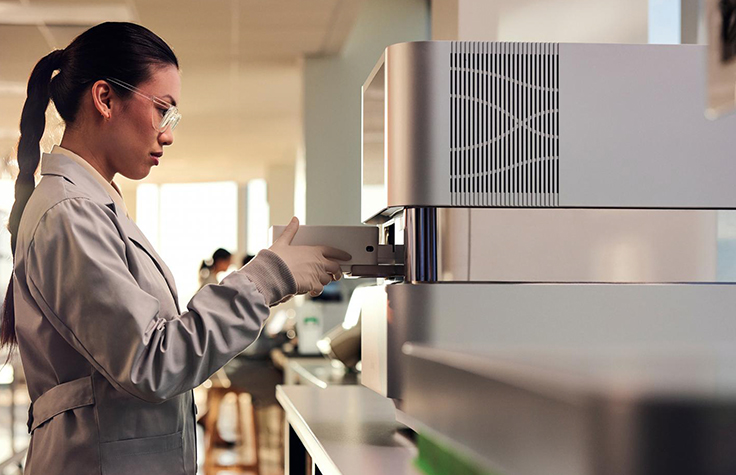Hi Everyone,
I would like to ask, is there anyway we can determine the quality of a sequencing run? In short, is there any quality metric for this purpose? for example: the number of mapped reads, number of reads with adapter inserted, etc?
I would be glad if someone can point out any reference or guideline for this.
Thanks a lot.
I would like to ask, is there anyway we can determine the quality of a sequencing run? In short, is there any quality metric for this purpose? for example: the number of mapped reads, number of reads with adapter inserted, etc?
I would be glad if someone can point out any reference or guideline for this.
Thanks a lot.



Comment